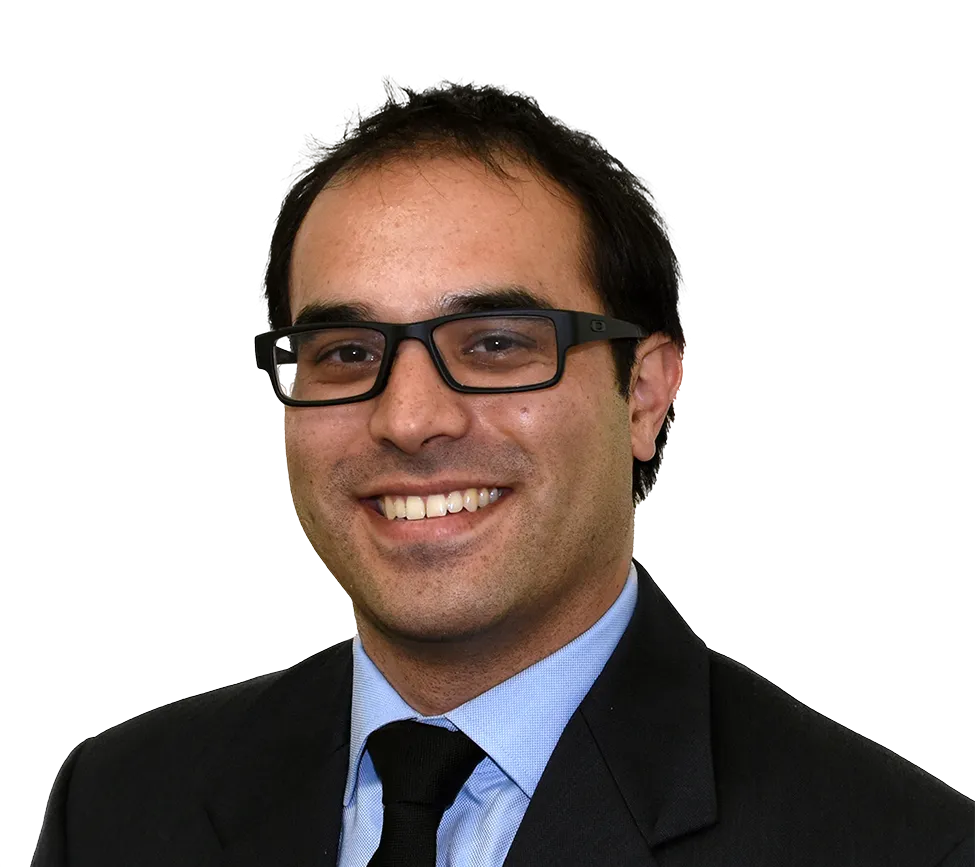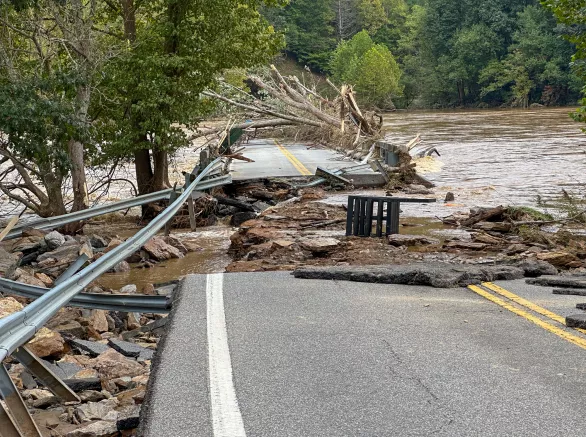

- Ph.D., Civil and Environmental Engineering, Princeton University, 2015
- M.A., Civil and Environmental Engineering, Princeton University, 2012
- M.S., Civil and Environmental Engineering, Stanford University, 2009
- B.S., Civil and Environmental Engineering, University of California, Irvine, 2008
- Professional Engineer Civil, California, #85448
- ASQ Certified Reliability Engineer
- Certified ScrumMaster (CSM)
- Certified Software Quality Engineer (CSQE)
- Lecturer, University of California, Los Angeles
- National Defense Science and Engineering Graduate (NDSEG) Fellow 2011-2014
- Consulting Engineers and Land Surveyors of California (CELSOC) Scholarship 2008
- Member of Tau Beta Pi since 2008
- UC Irvine Undergraduate Research Opportunities Program (UROP) Fellow 2007/2008
- American Society of Civil Engineers
- American Society for Quality
Dr. Glassman is a multidisciplinary expert whose background spans Systems Engineering, Data Science, Software Development, Civil and Structural Engineering, Reliability Engineering, and Emergency Management. He is known for leveraging deep domain expertise in civil engineering design and analysis to architect innovative and practice digital solutions, ranging from advanced analytics to AI-enabled tools, for both public and private sector clients. Dr. Glassman's approach is distinguished by his commitment to integrating engineering and scientific principles with data-driven methods and digital innovation to deliver high-impact solutions for rapidly evolving infrastructure, resilience, and technology challenges.
Dr. Glassman has extensive experience leading cross-functional teams and bridges the gap between engineering fundamentals and innovative technology. He has guided organizations through complex systems engineering challenges and organizational transitions, including quantifying the reliability and resilience of large-scale infrastructure networks, and delivering intelligence solutions that empower insightful decision-making and proactive risk management.
As a leader in AI technology development, Dr. Glassman overseas the development of robust digital products, ensuring high standards for software quality, data integrity, and user engagement are met. By uniting scientific and engineering insights with modern digital approaches, he and his teams deliver tailored, value-driven solutions, from improving infrastructure reliability through predictive analytics, to mitigating enterprise data quality issues (for example, paving the pathway for sustained AI capabilities with an AI governance strategy), to enhancing situational awareness with AI-powered intelligence platforms.
Dr. Glassman is a trusted authority on the investigation of civil and structural engineering failures, with expertise evaluating failures of the built environment due to overloads (such as from wind, seismic activity, fire, flooding, and snow loads), construction defects, adjacent construction, and earth movement. He frequently is called upon as an expert witness to leverage his experience to identify root causes, interpret building code applicability, and blend his technology capabilities to identify novel solutions to seemingly overly complex problems.
A cross-trained member of the Federal Emergency Management Agency (FEMA) Urban Search and Rescue teams, Dr. Glassman brings field-tested capabilities in structural collapse response, disaster data analytics, communications, and mission planning. He integrates systems thinking and technology under high-stakes conditions to achieve mission objectives. Dr. Glassman is trained to work in accordance with the National Incident Management System (NIMS) Incident Command System (ICS).
Beyond his core professional practice, Dr. Glassman is a Lecturer in the Civil & Environmental Engineering department at the University of California, Los Angeles (UCLA).
Prior to joining Exponent, Dr. Glassman worked as an Assistant Instructor at Princeton University and a field engineer with Caltrans in the Office of Structure Construction. His academic research background includes the fire performance of steel plate girder bridges, where he used nonlinear finite element analysis to evaluate how heat influenced the web shear buckling mechanism. From his research, he derived a new theory to predict more accurately the postbuckling shear strength of steel girder webs at ambient and elevated temperatures. Other areas of research included non-destructive testing methods to assess the protective integrity of military body armor, and seismic evaluation of historic, unreinforced masonry churches and cathedrals.
Key strengths:
- Proven ability to capture and translate engineering requirements into scalable, digital solutions tailored for client needs.
- Expertise applying data science and AI capabilities within complex infrastructure and reliability engineering contexts.
- Leadership of multi-disciplinary teams uniting subject matter expertise with modern digital toolsets.
- Extensive field and forensic investigation experience blending root cause analysis with emergency response and management.
- Commitment to advancing knowledge and best practices through research, education, and professional collaboration.
